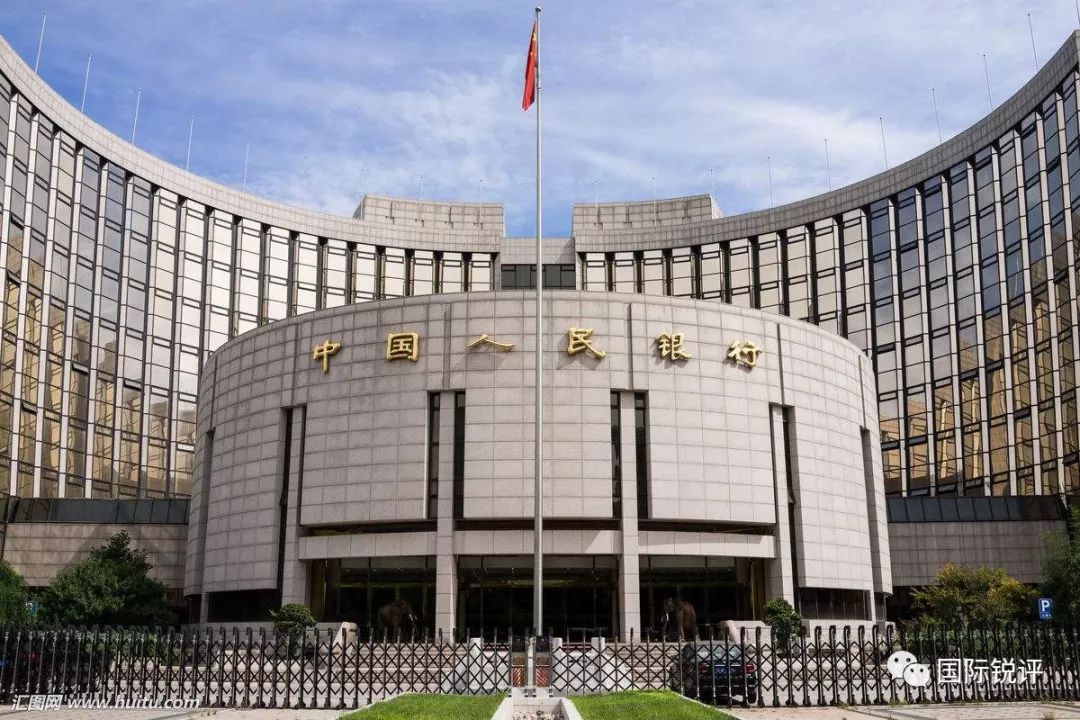China’s financial opening up has made two big hits. This blue ocean opportunity, Americans are afraid to fall behind.

Just two days after the news of French, German, Japanese and other commercial banks and insurance institutions applying to land in China came out, two more news came: First, on May 2, the Central Bank of China confirmed that the first foreign-funded payment institution had applied to the Central Bank of China for business. This means that foreign payment institutions have taken the first step to enter the China market. Second, on the same day, it was reported that a foreign company had started to apply for a credit investigation license in China.
This is the embodiment of China’s further financial opening.

Let’s look at the company that applied for third-party payment, named WorldFirst, which is a British-funded company. In April 2018, WorldFirst just launched the first collection product for cross-border B2B sellers in China — — World Account to solve the problem of cross-border payment for cross-border e-commerce sellers, so it is very important to obtain a third-party payment license in China, otherwise, the development of China market will be limited. The application of WorldFirst to the Bank of China for a cross-border business payment license indicates that China’s financial opening is expected to go further in the field of third-party payment.
The company that applied for the credit information business license is even bigger. Yiborui Company, headquartered in Ireland, is a giant of credit information business in the world, with business all over the world and huge branches in the United States.
Generally speaking, if the central bank confirms the receipt of the application, it means that the central bank has actually started the process of approval. Therefore, these two cases, some low-key applications, were officially confirmed, which means that China’s financial opening-up is real, and it is a fence to cut the knife and cut the flesh.
The third-party payment market in China has achieved great success in recent years. The well-known third-party payment companies represented by WeChat and Alipay have made eye-catching profits in this field. Ant Financial has mastered Alipay, and its valuation has surpassed many financial companies in the United States by hundreds of billions of dollars. However, the size of WeChat Tenpay is not inferior to Alipay. Of course, its actual valuation should also be around here. Even so, China’s third-party payment market still has great potential to be tapped. For China’s huge domestic third-party payment market, foreign capital used to be out of reach. But now it seems that soon, foreign capital can come in to participate in the competition and share a piece of the action.
The credit investigation market in China has just started. There is a vast space for both corporate credit investigation and personal credit investigation, and many aspects are still blank. I am afraid the market potential in this respect is no less than that of third-party payment. Different from third-party payment, there is no strong competitive opponent in China in this respect, that is to say, if foreign capital comes in, it is basically a blue ocean with huge profits.
Therefore, China’s opening up in these two areas is really very bold and courageous.

No wonder countries, especially several developed countries, have been acting so frequently recently.As long as they have some market judgment, they will never ignore the huge space of China’s financial market. Whoever falls behind in the process of opening China’s financial market will lose half of the future first. From a global perspective, I am afraid that the two major financial opening dividends that China wants most are American companies. Let’s look at the third-party payment market in China, which is the big fat that companies with payment services in the United States, such as Apple and paypal, want to get. Apple has previously entered the payment market in China through the cooperation with China UnionPay, but after all, it is a four-way payment, and its business development is not satisfactory. Therefore, in the competition with WeChat and Alipay, Apple, which is far behind, should dream of getting a third-party payment license in China.
Needless to say, the three major rating agencies in the United States, Standard & Poor’s, Moody’s Investment Services and Fitch Ratings Limited, are all giants in the global credit reporting field. If they can’t successfully enter the credit reporting market in China, or lag behind other competitors in the pace of entering China, they will probably have a great adverse impact on their future competitiveness.
However, if American companies really lag behind their western counterparts, it is not China’s fault. China people believe in "making money with harmony". After all, the United States initiated a trade war with China, and public opinion in China could hardly accept the result: open these fields and let those guys who threw stones at themselves happily take away the benefits. Needless to say, no one has the guts!
(The author is an international critical commentator Si Hai)